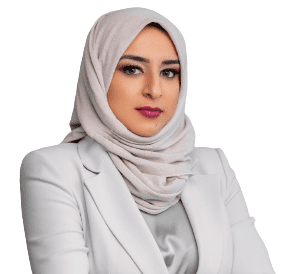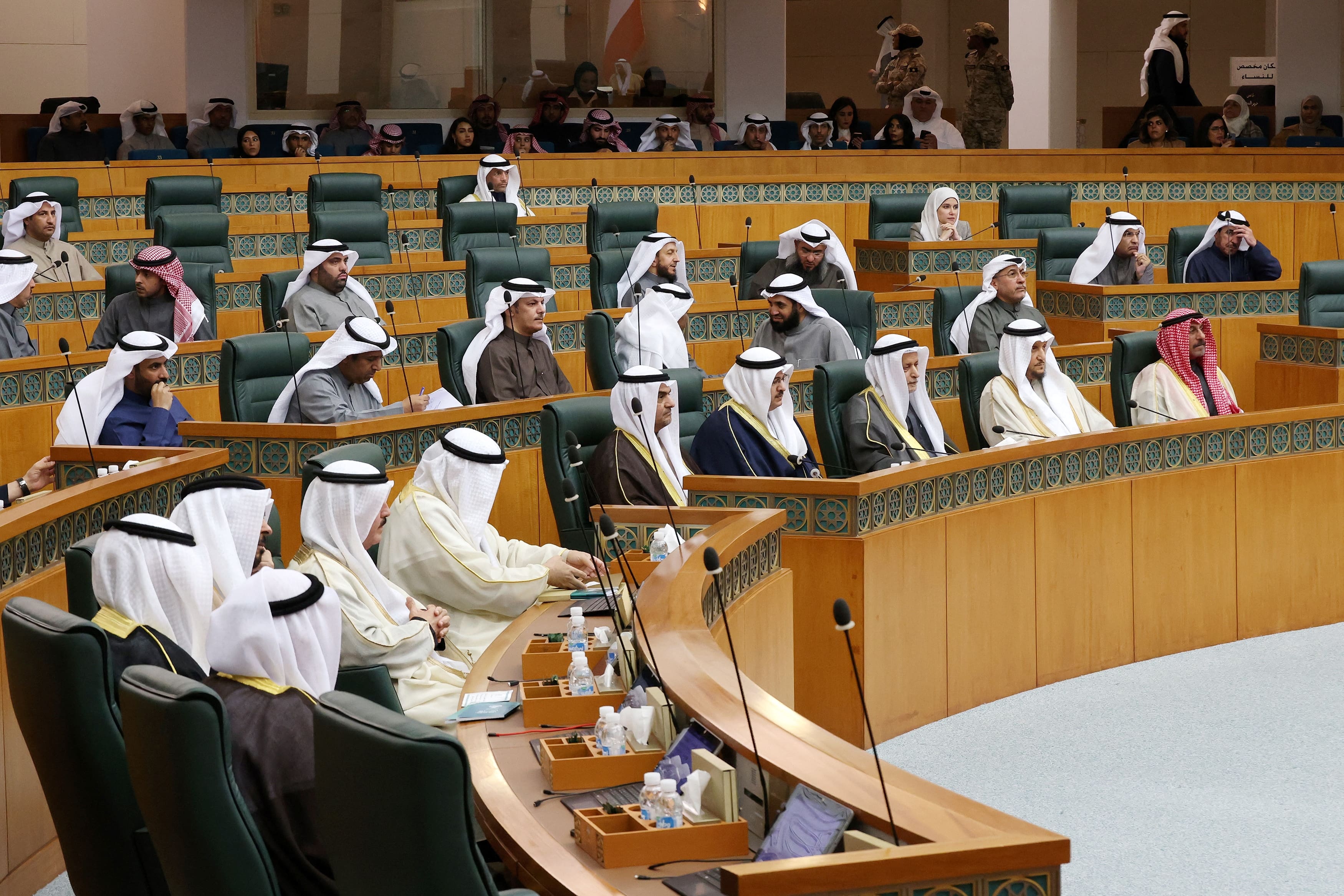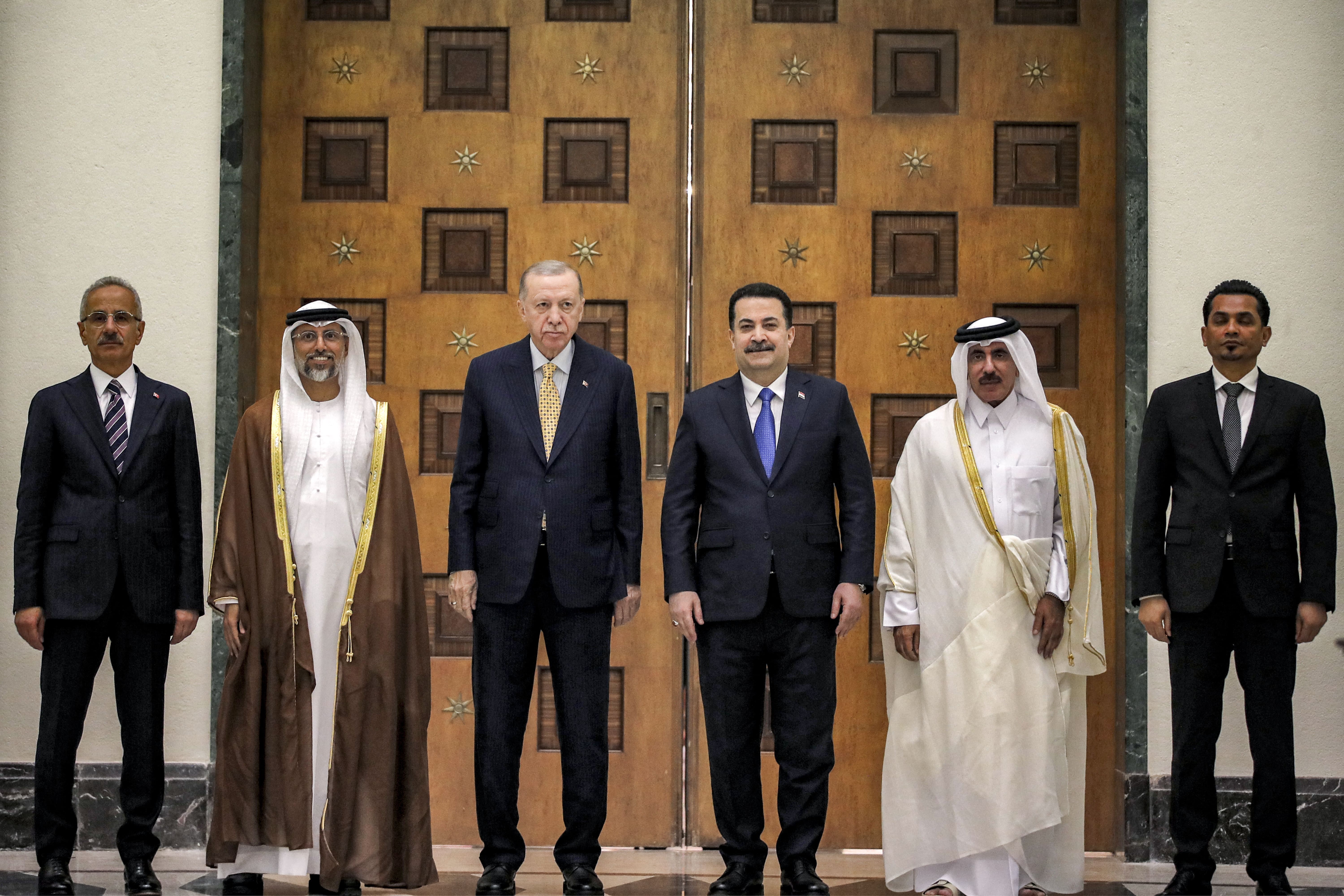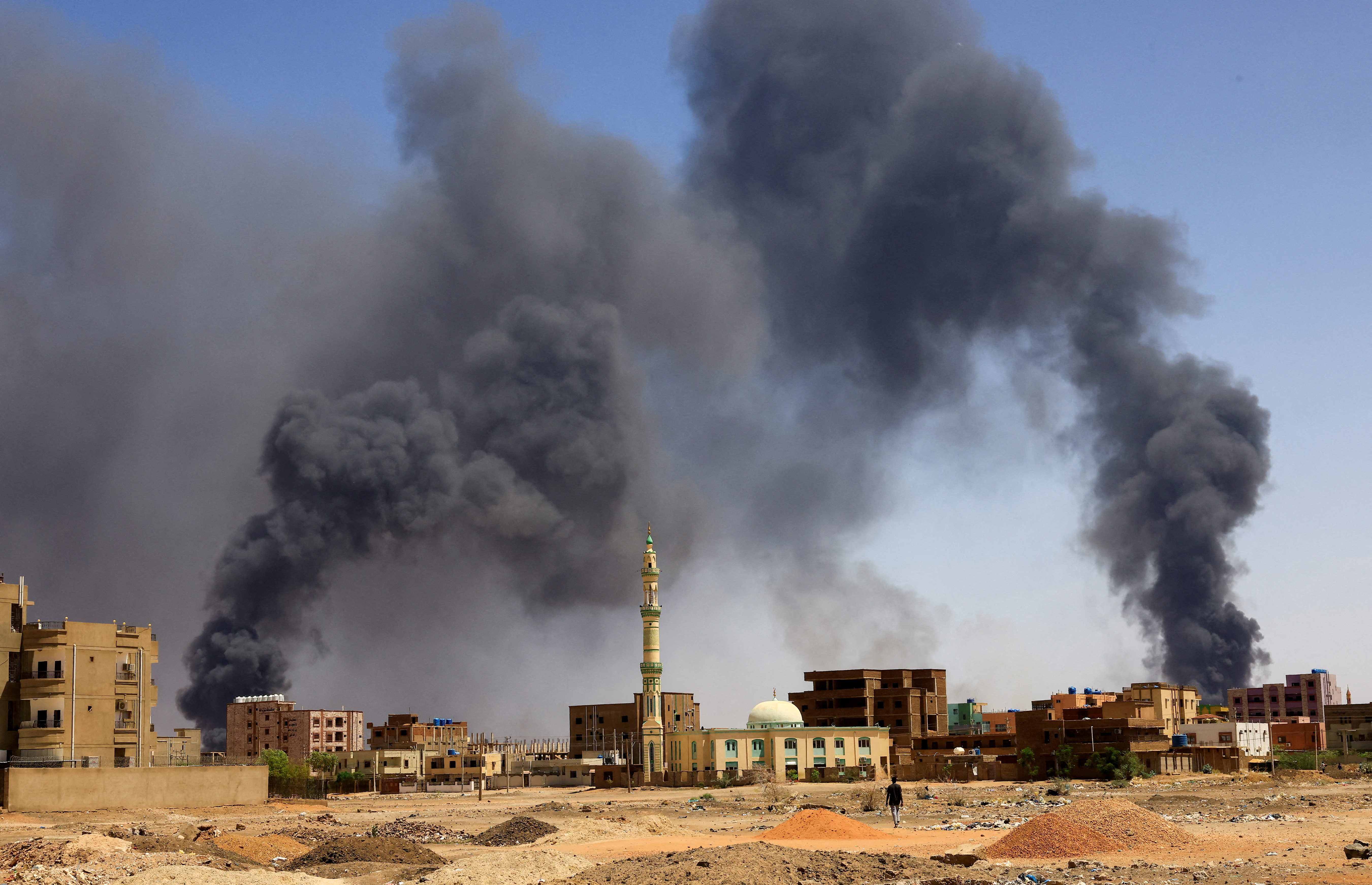
Dania Thafer
Nonresident Senior Fellow
Bio
Dania Thafer is a nonresident senior fellow at the Middle East Council on Global Affairs and the executive director of the Gulf International Forum in Washington, D.C. She is also a professorial lecturer at the Center for Contemporary Arab Studies at Georgetown University.
Previously, she worked at the National Defense University’s Near East South Asia Center for Strategic Studies, in Washington DC, where she was responsible for building relationships with military officers and diplomats in the Middle East. She is a political scientist with a focus on political economy and international relations. Specifically, she is an expert on the Gulf’s regional geopolitics, U.S.-Gulf relations, and the political economy of the Gulf Cooperation Council (GCC) states.
Thafer has authored numerous publications concerning the Arab Gulf states. Her commentary has been featured by various international media outlets, including The New York Times, Financial Times, BBC World, Washington Post, Forbes, Al Jazeera, and others. Recently, she has authored Creative Insecurity: Institutional Inertia and Youth Potential in the GCC (Hurst and Co. and Oxford University Press, 2023). She has also co-authored two edited volumes: The Arms Trade, Military Services and the Security Market in the Gulf States: Trends and Implications and The Dilemma of Security and Defense in the Gulf Region.
Research Areas
- Geopolitics of the Gulf region
- US-Gulf relations
- Political economy of the Gulf
Countries of Focus
The Gulf region
Other Areas of Interest
- GCC economic reform
- International relations
Education
Ph.D., Comparative Political Economy and International Relations,
American University in Washington, DC., 2019
M.A., Political Economy, New York University, 2010




